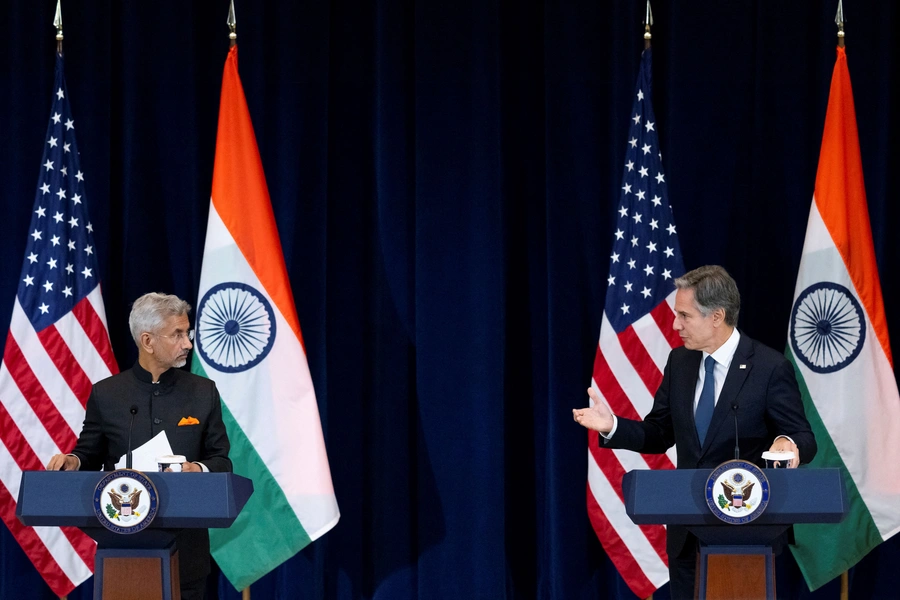India’s Foreign Minister, Subrahmanyam Jaishankar, recently commented on the evolving U.S. foreign policy approach, stating that the results of the ongoing U.S. presidential election are unlikely to alter America’s growing caution regarding international commitments. Speaking at an event in Canberra, Australia, while Americans were still casting their votes, Jaishankar discussed the long-term trend he has observed in U.S. foreign policy since the Obama administration. He pointed to the reluctance of the U.S. to deploy troops abroad and highlighted the significant U.S. withdrawal from Afghanistan under President Joe Biden, signaling a shift away from previous practices of robust global engagement.
Jaishankar further noted that while former President Donald Trump may articulate this stance more forcefully and explicitly, the broader trend is not just a reflection of the current administration’s ideology but a more deep-seated change in the U.S.’s approach to global dominance. “We have to prepare for a world where the kind of dominance and generosity the U.S. exhibited in the past may not continue,” Jaishankar said. His remarks underscore a shift in global power dynamics and the emerging challenges faced by countries in adjusting to a less interventionist U.S.
Despite these changes in the global landscape, Jaishankar emphasized that India’s relationship with the United States would only continue to grow stronger in the future. India’s strategic partnership with the U.S. has been a cornerstone of its foreign policy, and Jaishankar’s comments suggest a continued emphasis on strengthening this relationship, regardless of changes in U.S. leadership.
During the same event, Jaishankar was joined by his counterparts from Australia and New Zealand, who also acknowledged the changing nature of global politics. All three ministers emphasized the need for nations to adapt to an increasingly protectionist and shifting world order. New Zealand’s Foreign Minister, Winston Peters, remarked that the global environment they had once worked toward is rapidly transforming, and that countries would need to react and change with it. Jaishankar echoed this sentiment, stressing the importance of creating a collaborative and consensual global arrangement, especially as protectionism continues to rise globally.
The discussions reflect a shared understanding among these nations that the international community needs to be proactive in shaping a future where cooperation prevails, even as global challenges such as rising nationalism and regional conflicts continue to reshape the geopolitical landscape.



